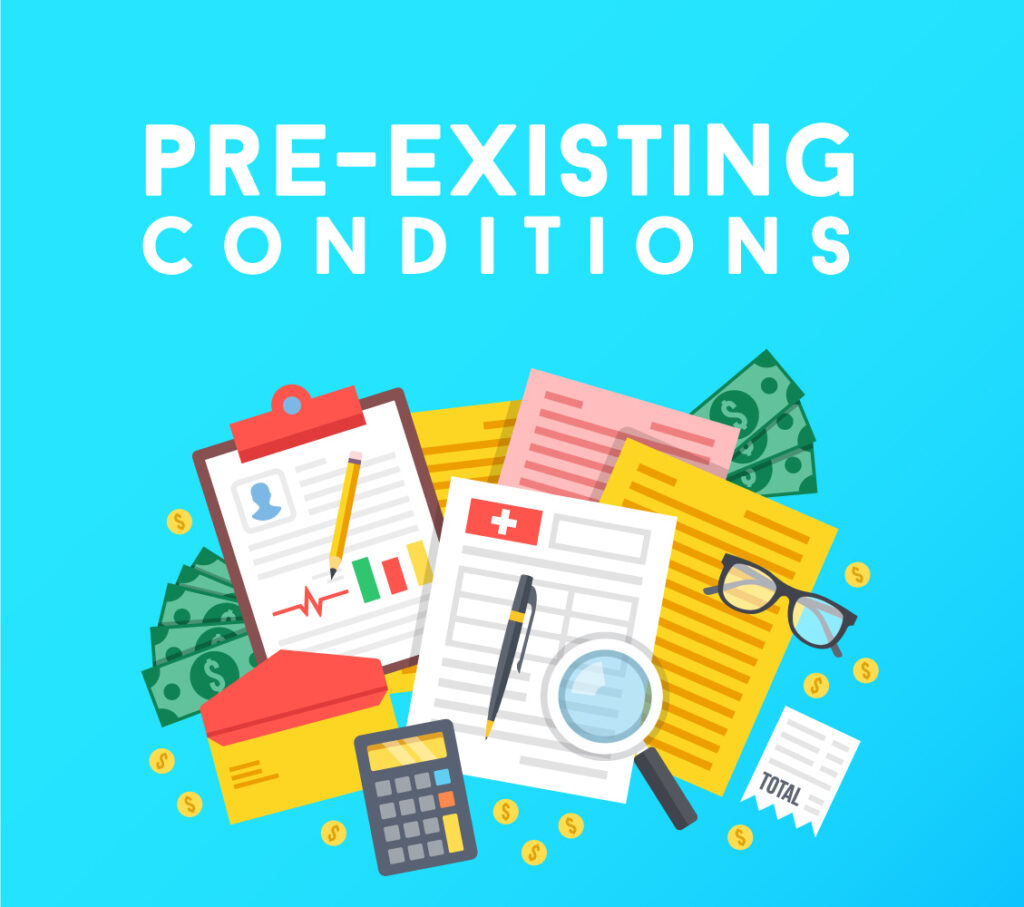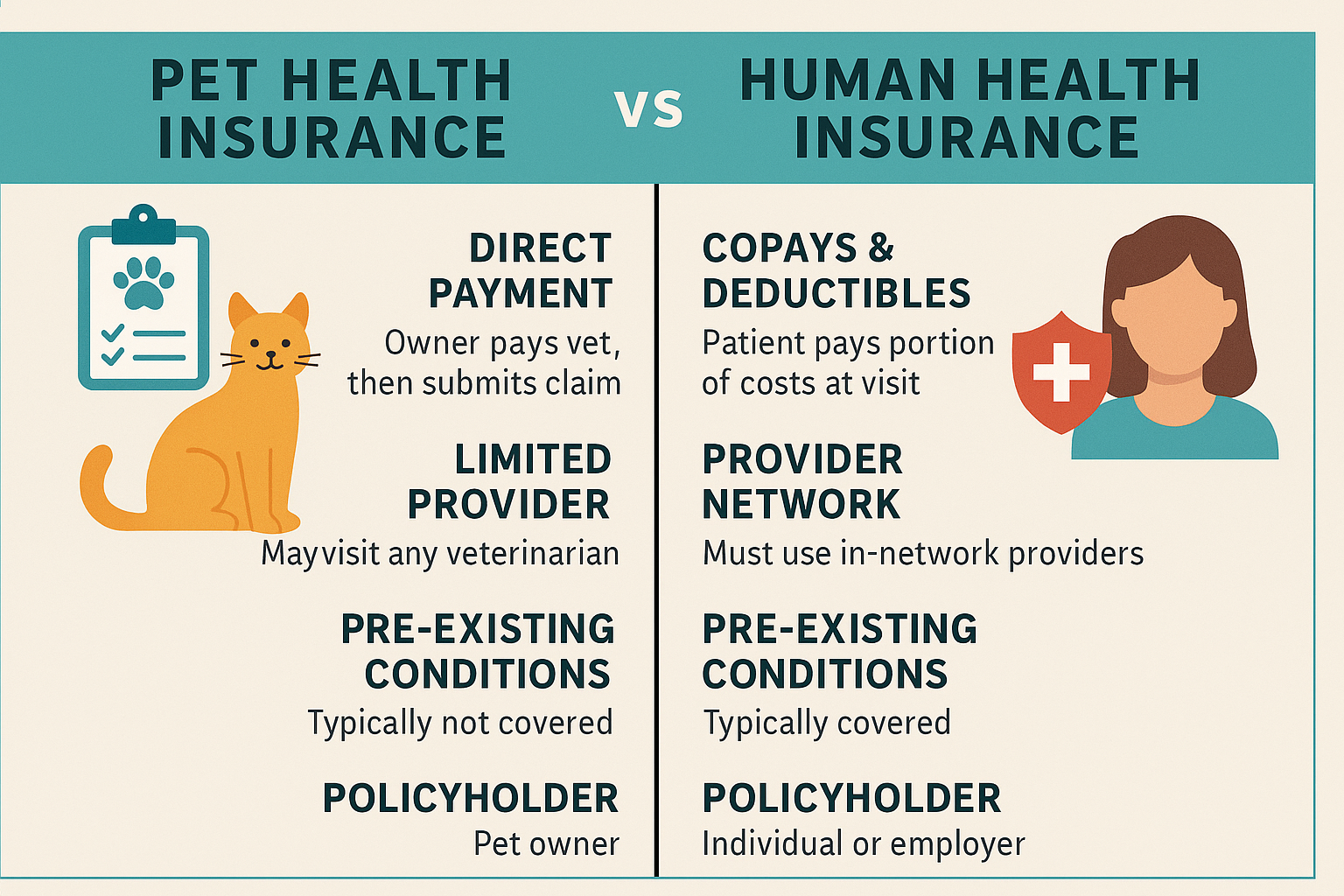
Are Pre-existing Conditions Still Covered in 2025?
In 2025, the topic of pre-existing conditions continues to be a central concern for individuals seeking health insurance coverage. A pre-existing condition refers to any health issue or chronic illness that existed before an individual applied for a new health insurance policy. These conditions can include anything from diabetes, asthma, and cancer to mental health disorders and heart disease. The good news is that, under current U.S. federal law, health insurance providers are still prohibited from denying coverage or charging higher premiums based on pre-existing conditions. This protection, originally established under the Affordable Care Act (ACA), remains in full effect in 2025 and continues to provide peace of mind to millions of Americans.
Health insurers in 2025 must adhere to ACA standards that ensure individuals with pre-existing conditions receive the same access to care and cost structure as those without. This includes employer-sponsored insurance plans, ACA marketplace plans, and most Medicaid and Medicare programs. These legal protections mean that no insurance provider can deny coverage, cancel a policy, or raise rates simply because a person has a documented medical history. This aspect of health reform has become deeply embedded in the insurance landscape and remains a non-negotiable part of regulatory compliance for insurers nationwide.
Another significant benefit for patients in 2025 is that there are no waiting periods for coverage of pre-existing conditions under compliant plans. As soon as your policy becomes active, your insurer is required to cover treatment for any chronic illnesses or prior diagnoses you may have. This ensures that individuals do not have to delay critical treatments or medications while navigating complex insurance requirements. It also eliminates the financial strain of paying out-of-pocket for care during a waiting period. This has made a significant impact on accessibility and quality of care, especially for people managing long-term health conditions.
However, it’s important to recognize that not all health coverage is equal. While ACA-compliant plans cover pre-existing conditions without discrimination, non-ACA-compliant plans, such as short-term or limited-benefit policies, may not offer the same protections. These types of plans, which are often marketed as low-cost alternatives, can legally exclude pre-existing condition coverage or charge higher premiums for those with medical histories. For this reason, it’s essential for consumers to read the fine print and confirm whether a plan meets ACA standards before enrolling, especially if they have ongoing health needs.
Medicare, the federal health insurance program for seniors and certain disabled individuals, also continues to provide coverage for pre-existing conditions without denial or increased premiums based on health history. In fact, in 2025, Medicare Advantage plans and Medigap policies offer broader access than ever before to chronic condition management, preventive screenings, and coordinated care programs specifically designed for people with long-term health issues. This ensures that older adults and those with disabilities receive the coverage they need without fear of financial hardship or denial of services.
The presence of pre-existing condition protections in 2025 plays a crucial role in ensuring equitable access to healthcare across demographics. Whether you are applying for a plan through the ACA Marketplace, receiving employer-based insurance, or transitioning to Medicare, the law ensures that your medical history cannot be used against you. This contributes to a more stable, fair, and inclusive healthcare system that puts patient care above profit.
In conclusion, pre-existing conditions are still fully covered by major health insurance plans in 2025, with legal protections firmly in place through the Affordable Care Act and supporting regulations. These protections ensure that millions of individuals with chronic illnesses, past diagnoses, or ongoing medical needs can access affordable, quality healthcare without discrimination. Consumers should remain vigilant when choosing plans, particularly with non-compliant policies, but for most Americans, health coverage remains secure regardless of past medical history. If you’re shopping for insurance this year, make sure to verify that your plan meets ACA requirements to guarantee comprehensive coverage for any pre-existing conditions.



